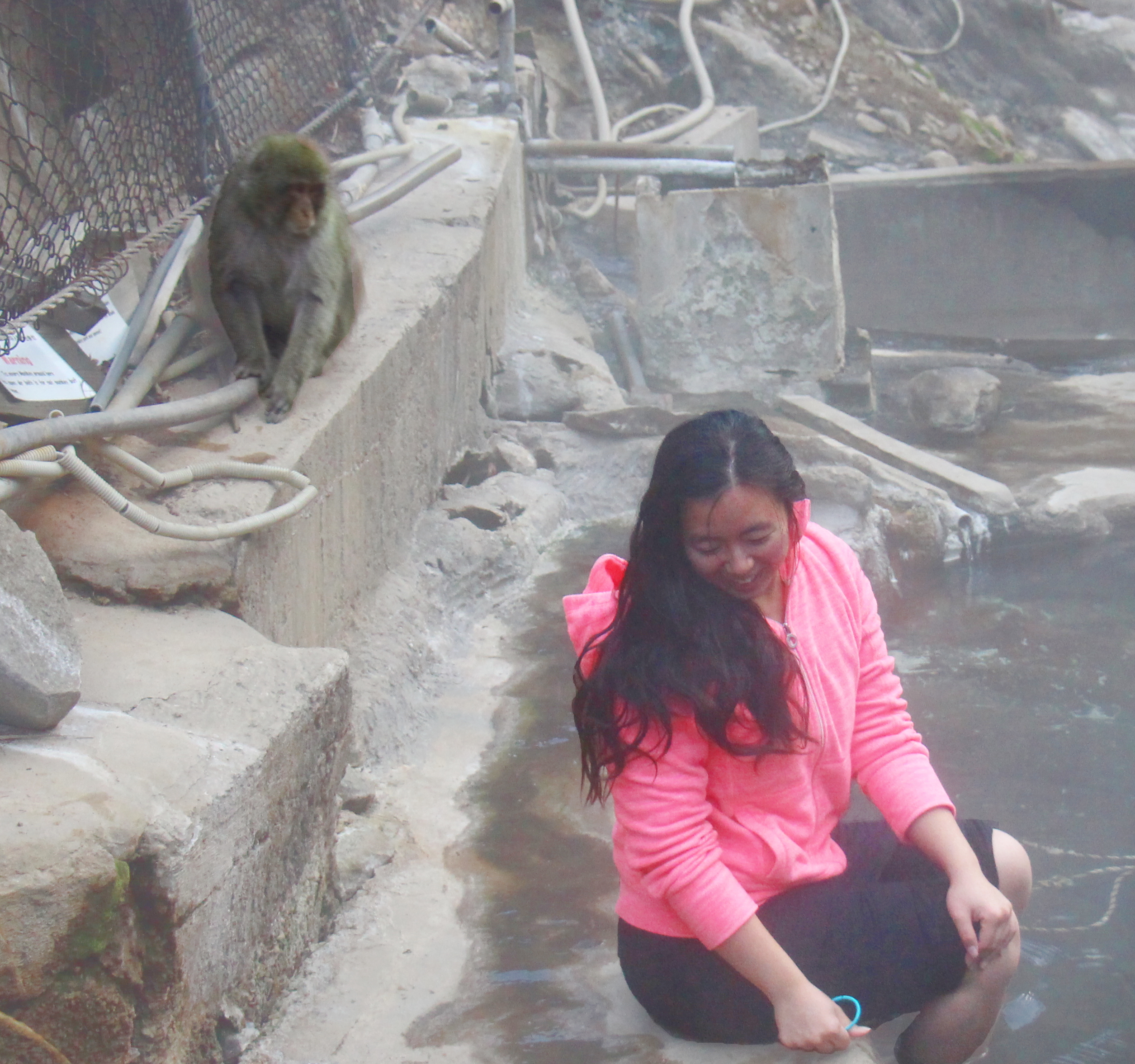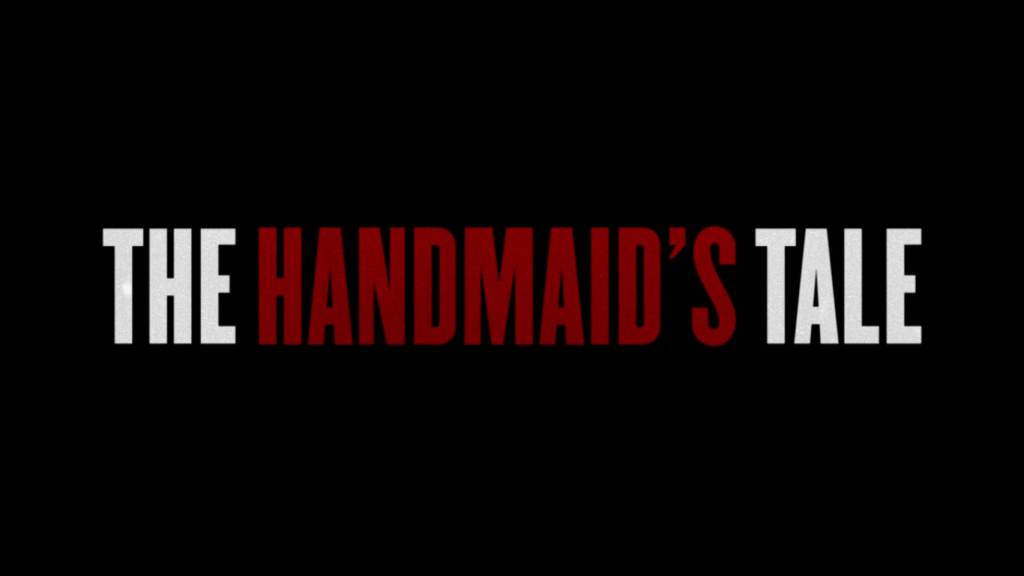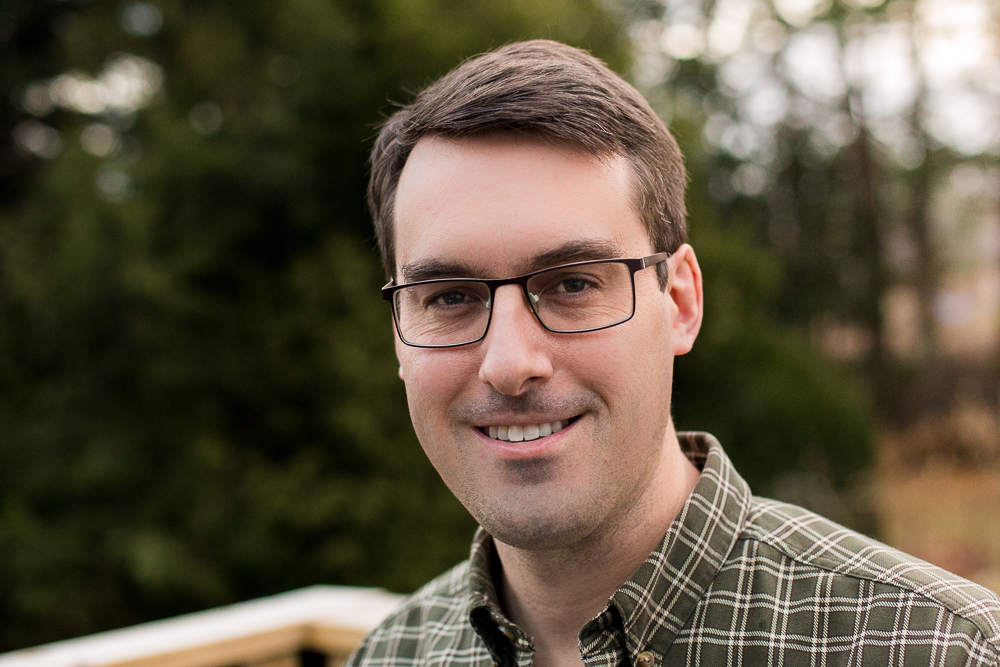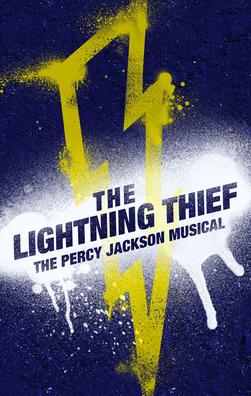SFX, International Terminal
The scuttling of a million feet before him, the collective aspirations to get somewhere resounded in the marble hall, while he stared at his stubby chin in the glass. He rubbed a growing five o’clock shadow with a soft hand. “Paging passenger Carl Rogers. Please come to Gate 48B. Paging passenger Karl Rogers. Please come to Gate 48B.” The near-garbled voice issuing forth from the speakers was far from honeyed, but there was something sweet about the announcement and the cadence of the passenger’s name. At that moment, he would do anything to be Karl Rogers, to have such a short three syllabled name, so he could be rushing about like the many others rushing about. Needing to get somewhere and feeling the inadequacy of bipedalism in hauling body and material possessions to reach that end.
7F. His gaze shifted beyond his saggy eyelids and the harried countenance of Vishaljeet Mazandaran in the reflection staring from the glass at him. 7F. Seven effing syllables. He hit the convex button to his right, perfectly crafted to nestle his fingertip. One button for the number seven—for his monstrosity of a name when rendered into syllabic roman letters: Vi-shal-jeet-Ma-zan-da-ran. The other for the F for effing, for the way he felt standing here staring at this vending machine. The smooth buttons and the way they cradled his hand belied the enormity of the situation and the creeping feeling of unease. One push and processed foods appear before him, ready to eat. It was so simple, so elegant, almost a physics equation: one action that precipitates another reaction. A button, a mechanism from behind the machine, the coil winds, the snack falls.
He had been staring at the snack which was so innocently snack-like, and yet, never in his twenty years in the States has he seen a bag of Fresh Mazafati Dates tucked away among the coils like he did now. Its tantalizing green package called for him, like the swaying grass of the verdant prairies and the tall trees of the forests of Nur alongside the crystal blue Caspian Sea of his childhood. And only $1.50. Six quarters to afford him a taste of his old home, of the grocery store near the apartment, where they would have the dates in boxes piled next to candy bars, popcorn and small packages of tissues that owner Alireza hoped you would grab as impulsive buys.
He decided he would do it, had an obligation to— who else would buy these foreign dates that had probably been sitting here for ages now? The dates probably fermenting as he felt like he was in his collared shirt and classic fit trousers, his suit jacket folded in half across his left arm. He fed the machine the replicated bust of George Washington, founder of this proud country, hearing the coins fall as identical clinks into the machine’s abyss—and waited for the deposit to yield a sweet, nectarous outcome wrapped in polyethylene lining.
Instead of dates, he got Hostess Ding Dongs. What a wonderful joke! Similarly brown, yielding a sweet flesh, he guessed it could be a substitute for someone who didn’t know better. His finger must have slipped— did he press the correct button? The bag of dates beckoned to him again, an enticing product of nature held behind the glass as an object of admiration, like a museum artifact, and instead in his hands, he found himself holding a crinkling product of mostly Partially Hydrogenated Vegetable Shortening generously doused in High Fructose Corn Syrup. Ding Dongs—he remembered eating them when he first came here to the US.
Most of all he remembered the office jokes, his coworker Stan, or as he liked to call himself, Stan the Man, the proud pusher of dubious investments, who would pitch a pencil at Vishaljeet’s turban, saying the bun, or as Sikhs would call it, joora, looked like a little boy’s ding dong. After the third time in two weeks, Vishaljeet had half a mind to go to HR, but what would they do? A grown man tattling on his colleague. Not an upstanding approach to deal with banal workplace terrorists, he decided.
That was all ten years ago, ancient history, as far as he was concerned. He jammed the fluffy Ding Dong into the waste bin next to the vending machine. The joke’s on me, he thought, now I’m the effin’ terrorist, stuck in this airport, can’t leave the terminal. I should’ve ratted on Stan, got him fired, rained more havoc while I had the chance, he thought. But he knew he would never have done that. It wasn’t in his blood; he was never taught to inflict undue harm on others. (But, it was not undue, it was probably in all fair use of the term “due,” and yet, he could not and knew he never would get someone fired from their job, their income to feed their family for some petty name-calling.) Instead he found a convenient excuse to move his desk to the sixth floor. Avoidance some might call it, but smart evasive tactic is the way he thought of it.
His life was always full of smart evasive tactics in approaching assimilation. He kept his turban for half a decade, keeping faith to the minority that he was whether in his hometown Iran or his newfound dwelling, land of the free, the recipient of “the wretched refuse of your teeming shore” America, but eventually conceded to the calls of practicality that noted that the refuse-turned-residents generally didn’t wear turbans. He didn’t have to and he knew he could have kept it, but he was just tired of the explanations, of the looks of inquiry, the snickers. He played with the idea that when this airport fiasco was over, this silly detention in this transport hub keeping him from his home of twenty years in Jersey, he’d put the turban back on, if he could find it buried in his wardrobe somewhere. He’d be out soon, anyway. Back on a plane to the East Coast in no time. Just a hitch, he thought, a misunderstanding. He had a fiancé after all, and a position in i-banking he’s held for at least a good ten years. Wears jeans at home, drinks coke and watches football. How more American can he be?
His stomach whimpered. It was not really sustained enough to be a growl. Not enough for a meal. The officials didn’t even provide him the decency of an airport tray of food. Not even Panda Express or Taco Bell. Just told him that he was denied entry until further notice. His frustration curbed his hunger, however, and all he wanted were those dates, just as odd-fitting as he was, in the array of American snacks, and yet, it was there, belonging to the cache of automated refreshments.
Another fumble of coins and another buck fifty for a Persian fruity confection. A series of whirs and out comes—not his fruity delight as expected—but a yellow package of Starburst. He smacked the glass on the machine, but to no avail. These machines are as sturdy as bulls, made to take hits. It’s not like the dates were dangling on the edge of the coil, anyway, so aggression was of no use. They were perfectly lined up as they were when he first peered through the glass of the vending machine. Instead, another slot that had been activated that released the Starburst. He saw the familiar yellow package now in partition 9B, next to the Cheetos and M&Ms. Not the Fresh Mazafati Dates of 7F.
His will relinquished control to his gut and he unwrapped one chew to mollify his hunger. Twenty calories of corn syrup and palm oil. Unexplainably juicy, the package read. Certainly there were aspects of the sweet that were unexplainable, he thought. He thought of the name Starburst, a kind of galaxy, one that bears high rates of star formation. The Cosmic Exploration podcast taught him that. The kinds of things he would learn on his hour commute in New Jersey, sitting in traffic, playing with the dials. He thought about high star formation, as he chewed his artificial extreme juiciness. Starburst seemed like potential, the greater the generation of stars, the greater the possibility of planets. It was the bringer of life. Starbursts as firehouses of possibility, of creation.
Then his mind turned dark and inwards and he thought of other bursts, of those he’s been accused. He recalled an infamous moment—he was making a purchase for a boss’s birthday at the mall when it happened, in the early morning, right as work was to start. While all the consumers rushed to the Sears TV screens to see what the commotion was, once he heard the words “terrorists” and over and over the date that now has an ominous ring: 9/11, he slinked away, took the day off and stayed home. He hated them, the terrorists for what they did, ignoble acts of abomination, and he hated them more for what they did to his identity. He was no longer a Punjab-son-of-migrants-Iranian-American. He was first and foremost a suspect, to be wary and leered at, for someone not Sunni, not even Muslim, but still a prime candidate for jeers of being a bomb-flinging subversive. He didn’t get it— Sunnis and Sikhs didn’t even look the same. Sunnis don’t even wear turbans, they wear skullcaps. And Iran is mostly Shia (with exceptions of minorities like him). Even though his parents adopted a Persian surname named after Vishaljeet’s northern Iranian birthplace (where his parents migrated to), he was set aside from “normal” Iranians because of his top-knot donning of the turban of the Sikhs of his ancestral land Punjab rather than the spherical wrap the majority Shiite Iranians favored. Now, the same aesthetics that set him apart in Iran as a Punjab minority conversely made him more generally Muslim to an angry American populace, for reasons he could fathom given the ignorance but still could not really believe.
For the next few months, Vishaljeet saw his friends and family drop their turbans like stones into a river, a burden that sunk to the bottom never to be detected again. Their hair cropped short and neat, the iron dagger a mere pendant tucked under the button-down shirt, or in one case, as a subdued tie clip. Nothing flashy or even hinting of inciting aggression, let alone violence. Tucked shirt, shaved, hair trimmed. Just another ant in the American colony of capitalist businessmen.
He spat out the half-masticated Starburst into a tissue, wadded it and into the trash the whole package went. The sweetness was getting so overwhelming that it tasted almost hyperbolic. He pulled out another tissue and wiped his lips of concentrated cherry juice and Red #40. That wad, too, into the chute.
He decided he’d have another go at the vending machine. He was determined. He would get the dates. His resolve was like a gamer at a claw machine at the arcade, committing ceaseless trials fishing for the wayward stuffed animal that cost a sheer fraction of the bills pulled out of the wallet.
7F. He watched carefully as he clicked, matching his fingers to the buttons.
Another failure. This time Kit Kat. Reminding Vishaljeet of when he had bought his first Kit Kat at a newspaper stand near a bus stop. Again almost twenty years ago when he first arrived in this country. While sitting waiting for his stop, among other passengers bouncing in their seats, he took a surreptitious bite, just opened it and bit it whole—and was ridiculed by a boy with braces pointing at him, nudging at his preteen friend laughing. He looked around—perhaps they were pointing at someone sitting beside him—but they were clearly pointing at him. He didn’t understand it—a grown up eating a candy bar, how can this be a source of contemptuous fun for juveniles? Later he learned he was supposed to snap each of the perforated four pieces, one at a time, as he ate them. A social gaffe, an etiquette breach of handling quintessential Americana.
He deposited this junk in the trash bin—out the vending machine flap the Kit Kats came and into another flap it goes like the other previous unwanted conferments. He’d have to try again.
He was sticking in his third quarter of the six into the coin sliver of the vending machine when a young man bumped into him. “Excuse me,” said the man, on his cell phone. Vishaljeet’s quarter clattered to the ground and rolled about a foot and a half before spinning in a graduated lethargy to a stop. The man picked up the quarter and handed it to him, then hung up the call and pushed his thin cell phone into his chest pocket. Below that, clinging to his abdomen, hung a conference tag, “Daniel Chih-hung Chen,” it said. This man, Daniel, glanced at the vending machine, stopped for a second and asked if Vishaljeet was using it.
“Why don’t you go ahead?” offered Vishaljeet, extending a soft hand towards the glass.
Vishaljeet saw Daniel feed a crumpled dollar, watched it come back out and only to be fed again, (like giving peas to a petulant child, he thought), and then a few dimes and nickels. The man pressed 7F. Seven for the syllables in my name, thought Vishaljeet Mazandaran again. Something fell to the abyss below with a plop and the man opened it and pulled out a puffy package.
The man, Daniel, stood there for a moment, bent over at the base of the machine, one hand holding open the flap exposing the dispensing chasm of the vending machine and the other holding up a bag of Doritos.
“Huh, tortilla chips,” said Daniel.
“A problem?” asked Vishaljeet.
“No, not a problem. Just confused. Clearly, I saw peanut brittle.”
“Peanut brittle?” asked Vishaljeet.
“Yes, 7F. You don’t see it? It’s Taiwanese, one of our specialties there. A-li brand, it says, known in South Taiwan. Sweet, crunchy, very tasty. I didn’t know they packaged it for commercial overseas sale,” Daniel answered, muttering a bit to himself.
“I see,” said Vishaljeet. He looked at the vending machine but saw only dates in 7F. “Ali is an Iranian name.”
“Oh yeah? We have a lot of Ah-something’s back in Taiwan,” said the man. “I guess that’s something we have in common.” He was now standing upright, holding up the bag of chips inspecting it against the 7F goodies behind the glass. “It’s strange, I still see it there. The peanut candies. I guess I pressed the wrong number.”
Daniel brought the bag of chips up and held it six inches from Vishaljeet’s face. Vishaljeet could see the orange triangles on fire in the image on the bag, taunting him. For a second, he felt something dreadful, like seeing his hopes of returning to his home in America burn away. “Spicy Nacho,” Vishaljeet read.
“You want this?” asked the man Daniel. He turned his lips up into a frown, and shook the Doritos bag again.
Suddenly, an image passed before Vishaljeet.
*
It was that same Taiwanese-American man before him, the same Daniel Chih-hung Chen walking in Keds on pavement in bright daylight, in a plaid shirt and corduroy pants. He’s much younger now, no hint of a receding hairline. He’s strolling the streets of downtown, cars zooming by every so often. He hears a taunt, a “Hey glasses!”
Daniel turns. He’s in mid-bite of the same triangular crispy Doritos. He’s got a handful in his right, the bag in his left. His mouth moves up and down with specks of some bright orange dust in the midst of chomping, just as the other voice says in a gruff, incredulous manner, “You eating nachos?”
“Yeah,” says Daniel, looking at his bag. “Do-ri-tos,” sounding it out. He turned around and looked at the guy talking to him. The man was short, with spiky blonde hair. He was sitting on some steps at the time but now stood up, still somewhat hidden in the shadows of the apartment complex, and looked Daniel up and down.
“Na-chos? Huh?” The man was now taking a step forward, puffing up his chest, like some pigeon mating ritual. “Look, Nachos!” he says to an imaginary crew or posse, but there was no one with him. He turns to Daniel again, “Glasses, you prefer to be called Nacho?”
Daniel just started to walk away. He turned around, aimed east towards home, towards the fiery sun, ignoring the guy with the crusty voice in the shadows.
“Nacho!” the guy howled behind him. Laughing riotously. “Notchyo country!! Notchyo country at all. Go back to your country, where you belong!”
*
The image faded and Vishaljeet saw before him a much older Daniel, worn-looking, but otherwise well-kempt, his arm pushing his carry-on back and forth in a nervous tic, eager to get to baggage claim, or to his gate, or wherever he was going.
“Hey, did you hear me? I said, did you want this?” repeated Daniel. Daniel was distracted. He was now looking at the scrolling Departures list on the screens next to the vending machine, using a pinky finger to push up his falling glasses, while still holding out the sachet of Doritos to Vishaljeet.
Vishaljeet shook his head. “Not really,” said Vishaljeet. “Not a big Nachos fan.”
“Yeah, me neither,” Daniel said.
Vishaljeet watched Daniel hurry away, the one arm guiding his rolling carry-on, the other still clutching the bag of Nachos, despite his professed dislike of them. Vishaljeet turned back to the green sachet of dates, the seductive contents of 7F, the fruit of his once-home in Iran, never found in vending machines in his now-home America until just today. His now-home America, he thought.
The green plastic of the parcel of dates now looked artificially green. How could he have ever thought it looked like the verdant prairies and lush forests of Nur? he thought. It must be the changing of light in this hall, perhaps the setting of the evening sun, even as fluorescent lights flooded the terminal. The plastic package looked sickly green, lackluster, dull and ineffective, like the meaningless green card frittering away in his back pocket, the one that had his name scrawled: Vishaljeet, in Indo-Aryan parlance: great victory, now victor of none, stuck in limbo between places, not even a victor against a mechanized snack dispenser.
© 2019 by D.A. Xiaolin Spires
Author’s Note: “Fresh Dates” was inspired by current events in America and my long fascination with vending machines and their conveniences and frustrations. Sometimes it’s the little things that magnify the greater indignations and outrages of life. I suppose I also had a few things to say about migration, assimilation and belonging.
 D.A. Xiaolin Spires steps into portals and reappears in sites such as Hawai’i, NY, various parts of Asia and elsewhere, with her keyboard appendage attached. Besides Diabolical Plots, her work appears or is forthcoming in publications such as Clarkesworld, Analog, Uncanny, Strange Horizons, Nature, Terraform, Grievous Angel, Fireside, Galaxy’s Edge, StarShipSofa, Andromeda Spaceways (Year’s Best Issue), Factor Four, Pantheon, Outlook Springs, ROBOT DINOSAURS, Mithila Review, LONTAR, Reckoning, Issues in Earth Science, Liminality, Star*Line, Polu Texni, Argot, Eye to the Telescope, Liquid Imagination, Little Blue Marble, Story Seed Vault, and anthologies of the strange and beautiful: Ride the Star Wind, Sharp and Sugar Tooth, Future Visions, Deep Signal, Battling in All Her Finery, and Broad Knowledge. She can be found on her website daxiaolinspires.wordpress.com and on Twitter @spireswriter.
D.A. Xiaolin Spires steps into portals and reappears in sites such as Hawai’i, NY, various parts of Asia and elsewhere, with her keyboard appendage attached. Besides Diabolical Plots, her work appears or is forthcoming in publications such as Clarkesworld, Analog, Uncanny, Strange Horizons, Nature, Terraform, Grievous Angel, Fireside, Galaxy’s Edge, StarShipSofa, Andromeda Spaceways (Year’s Best Issue), Factor Four, Pantheon, Outlook Springs, ROBOT DINOSAURS, Mithila Review, LONTAR, Reckoning, Issues in Earth Science, Liminality, Star*Line, Polu Texni, Argot, Eye to the Telescope, Liquid Imagination, Little Blue Marble, Story Seed Vault, and anthologies of the strange and beautiful: Ride the Star Wind, Sharp and Sugar Tooth, Future Visions, Deep Signal, Battling in All Her Finery, and Broad Knowledge. She can be found on her website daxiaolinspires.wordpress.com and on Twitter @spireswriter.
If you enjoyed the story you might also want to visit our Support Page, or read the other story offerings.





 D.A.
D.A. 

